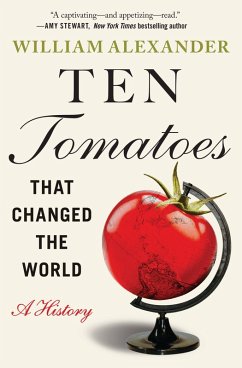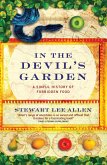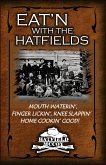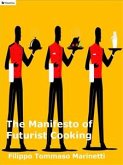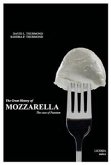New York Times bestselling author William Alexander takes readers on a surprisingly twisty journey through the history of the beloved tomato in this fascinating and erudite microhistory.
The tomato gets no respect. Never has. Stored in the dustbin of history for centuries, accused of being vile and poisonous, appropriated as wartime propaganda, subjected to being picked hard-green and gassed, even used as a projectile, the poor tomato is the Rodney Dangerfield of foods. Yet, the tomato is the most popular vegetable in America (and, in fact, the world). It holds a place in America's soul like no other vegetable, and few other foods. Each summer, tomato festivals crop up across the country; John Denver had a hit single titled "homegrown Tomatoes;" and the Heinz tomato ketchup bottle, instantly recognizable, is in the Smithsonian.
Author William Alexander is on a mission to get tomatoes the respect they deserve. Supported by meticulous research but told in a lively, accessible voice, Ten Tomatoes that Changed the World will seamlessly weave travel, history, humor, and a little adventure (and misadventure) to follow the tomato's trail through history. A fascinating story complete with heroes, con artists, conquistadors and, no surprise, the Mafia, this book is a mouth-watering, informative, and entertaining guide to the good that has captured our hearts for generations.
Dieser Download kann aus rechtlichen Gründen nur mit Rechnungsadresse in A, B, BG, CY, CZ, D, DK, EW, E, FIN, F, GR, HR, H, I, LT, L, LR, M, NL, PL, P, R, S, SLO, SK ausgeliefert werden.
Hinweis: Dieser Artikel kann nur an eine deutsche Lieferadresse ausgeliefert werden.

